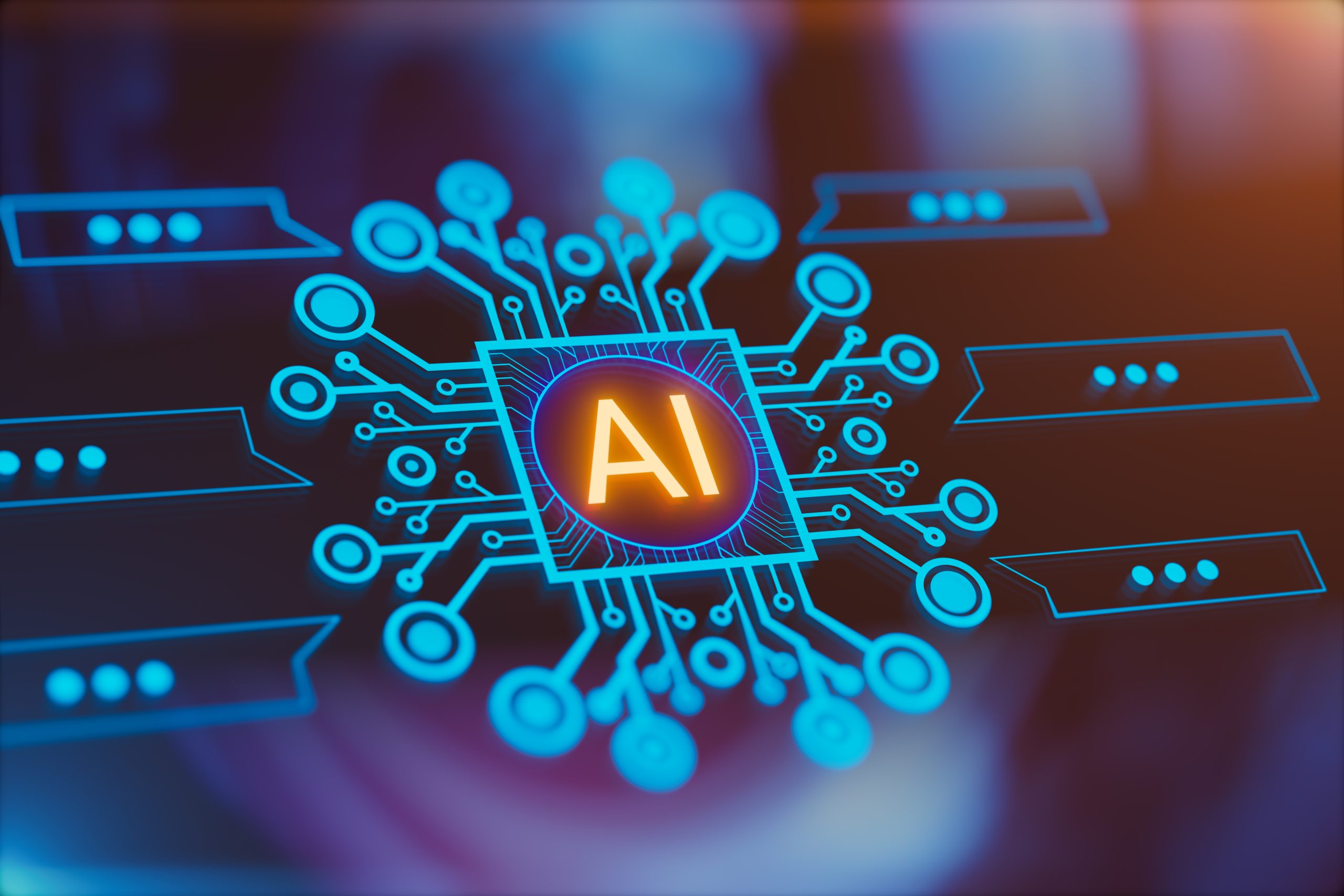
Artificial Intelligence (AI) has become one of the most influential and rapidly evolving technologies of the 21st century. At its core, AI refers to the simulation of human intelligence in machines that are capable of performing tasks that typically AI Chat require human cognition, such as learning, reasoning, and problem-solving. The development of AI has seen significant progress since its conceptualization, leading to advancements that are reshaping various aspects of both personal and professional life. This article explores the evolution, applications, challenges, and future prospects of AI.
- Historical Development and Advancements
The origins of AI trace back to the mid-20th century, with early foundational work conducted by figures like Alan Turing and John McCarthy. Turing’s theoretical exploration of machine intelligence and his development of the Turing Test set the stage for future research. The Dartmouth Conference in 1956, organized by McCarthy, is often cited as the birth of AI as a distinct field of study. Early AI research focused on symbolic reasoning and rule-based systems. However, the advent of machine learning in the 1980s, coupled with the rise of deep learning and neural networks in the 2010s, marked a significant shift. These advancements allowed AI systems to learn from vast amounts of data and make predictions or decisions with increasing accuracy.
- Diverse Applications of AI
AI has permeated a wide range of industries, demonstrating its versatility and impact. In healthcare, AI algorithms assist in diagnosing diseases by analyzing medical images and predicting patient outcomes with high precision. The financial sector benefits from AI through automated trading systems, fraud detection, and personalized financial services. In retail, AI enhances customer experiences through personalized recommendations, efficient inventory management, and customer service automation. Additionally, AI is integral to the development of autonomous vehicles, improving navigation, safety, and traffic management. These applications highlight AI’s role in enhancing efficiency, accuracy, and innovation across various fields.
- Ethical and Social Implications
The rapid advancement of AI raises important ethical and social questions. One major concern is the potential for job displacement as automation and AI systems become capable of performing tasks previously done by humans. There is also the risk of bias in AI algorithms, which can perpetuate and amplify existing societal inequalities if the training data is biased. Privacy is another significant issue, as AI systems often rely on vast amounts of personal data, leading to concerns about data security and user consent. Addressing these challenges requires a commitment to developing AI responsibly, with a focus on transparency, fairness, and accountability.
- Challenges in AI Development
Despite its potential, AI development faces several challenges. One challenge is the need for high-quality, diverse datasets to train AI models effectively. The acquisition and management of such data can be costly and complex. Additionally, ensuring the security and privacy of data used by AI systems is crucial to prevent misuse and protect sensitive information. Another challenge is achieving generalization, as AI systems often excel in specific tasks but struggle to adapt to new or varied situations. Enhancing the interpretability of AI models, so their decision-making processes are understandable and transparent, is also a key area of focus for researchers and practitioners.
- Future Prospects of AI
Looking to the future, AI is poised to continue its transformative impact on society and industry. Advances in AI are expected to lead to more sophisticated systems capable of handling a broader range of tasks with greater efficiency and autonomy. Innovations such as explainable AI aim to make the decision-making processes of AI systems more transparent and understandable. Additionally, the development of advanced reinforcement learning techniques and improvements in robotics may lead to more adaptable and intelligent systems. As AI technology evolves, it will be crucial to address its ethical and practical challenges to ensure it contributes positively to society and enhances quality of life.
In conclusion, artificial intelligence represents a powerful and evolving technology with the potential to revolutionize numerous aspects of modern life. Its development, applications, and challenges illustrate both its promise and complexity. By continuing to advance AI responsibly and addressing its associated issues, we can harness its capabilities to drive innovation and achieve significant benefits across various domains.